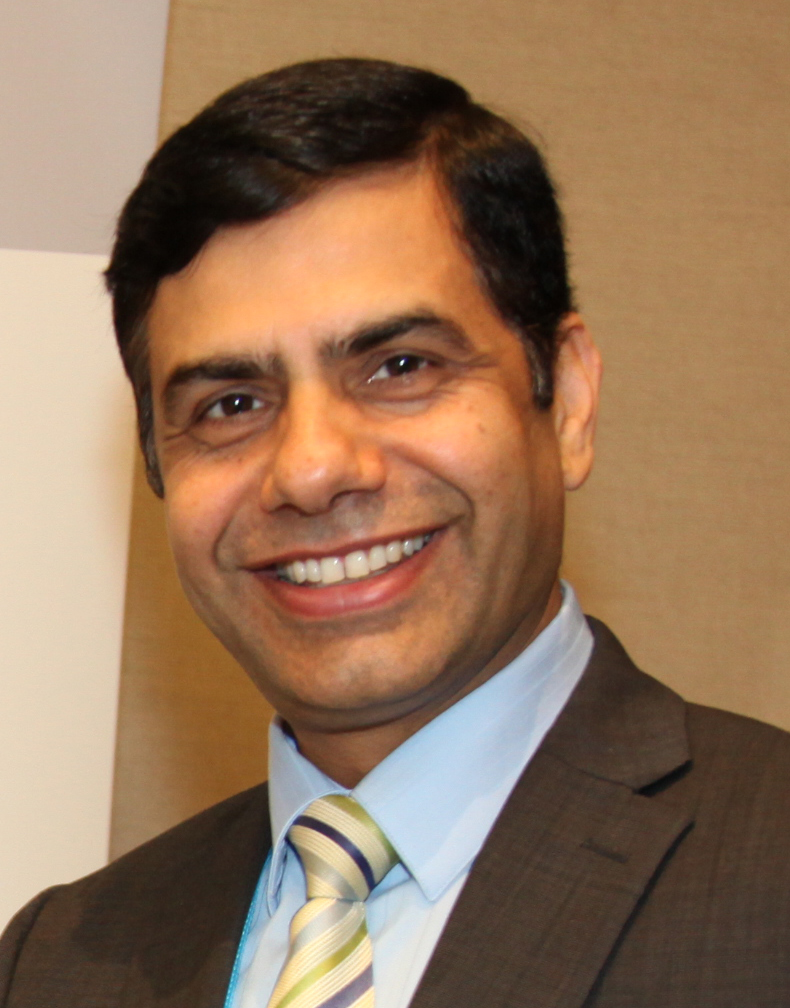Opinion
The peacemaker
Kofi Annan’s illustrious career made the world realise the power of possibilities
Gyan Chandra Acharya
With the death of Kofi Annan—the soft-spoken, charismatic UN Secretary General, the world has lost a great international diplomat. The first African to be the Secretary General of the United Nations, he was an institution in himself. His legacy is laced with his untiring efforts to promote peace in conflict zones, prioritisation of human rights within the United Nations, determination to push for humanitarian interventions to protect innocent civilians and alleviate poverty, among others.
Episodes of progress
His contributions to the United Nations are quite impressive. The episodes of his progress include the championing of the doctrine of ‘responsibility to protect’ by the United Nations, establishing the peace building commission, creating a separate human rights council and the iconic UN development framework—Millenium Development Goals (MDGs). He was a standard bearer and tireless advocate of these initiatives and pursued them with great vigor and dedication, propelling the international community to take resolute steps towards their realisation. Reforming the United Nations was the other initiative that he pursued as a matter of priority. It was in recognition of enhancing the role and visibility of UN and promoting human rights that he was awarded along with the United Nations the prestigious Nobel peace prize in 2001.
Annan was the Secretary General at a time when the global agenda decisively moved from the period of the end of the Cold War and unrivaled supremacy of the United States to fighting against the global menace of terrorism following the 9/11 attack. In a way, that was a period of consequential transition to the post-Cold War era, in which internal and international conflicts multiplied. And UN under the leadership of Annan was at the forefront of it all irrespective of its successes or failures.
United Nations represents a unique edifice, which has attempted to find a proper balance between power and principles which is often easier said than done. There is always a contest between national sovereignty and international responsibility to protect and promote fundamental principles of international order. Those with power tend to focus more often on their short-term and narrow national interests than on the creation of a just global order, which is in the interest of everyone including those great powers in the long-term. On the flip side, those with limited power and influence continue to feel that they are marginalised, as principles, fairness, and solidarity are sacrificed at the altar of the global power politics. The Secretary General had to tread a fine line between the fundamental principles as propounded by the UN Charter and the ground realities as well as the pressures from the great powers.
The Secretary General is constantly in the dock because the UN embodies the hope and aspirations of millions of dispossessed, threatened and marginalised people. UN Secretary General and his senior management team are always preoccupied with peace and security issues more than anything else, as I witnessed it in my time as Under Secretary General at the UN. A disproportionate amount of their time is spent on how to resolve wars and conflicts, and prevent the countries from relapsing into conflict. There is less time and energy left for looking into the root causes of conflicts such as deprivation, historical and ethnic rivalry, inclusive and ensuring accountable governance too.
Moreover the job of the UN Secretary General is constrained by the lack of autonomy in generating and utilising resources and lack of enforcement power. Their greatest weapon is the bully pulpit or the moral principles they can espouse. In propounding that strong moral conviction, Kofi Annan, was often compared with the second Secretary General Dag Hammarskjold, as he shared the former’s deeply entrenched belief in peace and humanity. Even during hard negotiations in Sudan or Iraq or for the independence of Timor Leste, he was widely admired for his acumen and cool tempered yet straight forward negotiating skills. Even during the US-led attack on Iraq, he was clear enough to call it illegal, as it was not explicitly authorised by the UN.
Power of possibilities
Kofi Annan had his moments of challenges and criticisms against his lack of prescience and vigorous response in Rwanda and Sebrenica during his stewardship of the peacekeeping operations as well as in the oil-for-food program in Iraq and thereafter. Nevertheless, he was an embodiment of calm demeanor, had a strong will and clarity of purpose, which he exhibited in no small measure during his tenure at the United Nations.
It is also appropriate to recall his involvement with developments in Nepal. Annan made an official visit to Nepal in March 2001. This visit took place at a time when Nepal was in the middle of the internal conflict. He was quite articulate in offering the service of the UN to resolve the conflict, which was declined with due appreciation by the then Government of Nepal. He was also appreciative of our contributions to the UN peacekeeping, as he was fully aware of it as the head of the peacekeeping department of the UN before becoming the Secretary General. Annan ,in addition, was also involved in crafting the role of the UN in the post-conflict situation in Nepal.
The current Prime Minister KP Sharma Oli, who was then deputy prime minister and foreign minister, had extensive discussions on the extent and modality of the role of the UN in management of arms and armaments and the monitoring of ceasefire in June 2006 when I was as the Ambassador and Permanent Representative of Nepal to UN in Geneva. Kofi Annan, after a lengthy exchange of views, showed a clear understanding and support for the possible modalities and role of the UN in Nepal in the transitional arrangements. This was later included in the comprehensive peace agreement of November 2006, resulting in the UN Security Council resolution 1740 for the establishment of UN political mission in Nepal.
His deep commitment to global services was also visible in his contributions in the post-retirement phase of his life. Through his foundation and other African and global initiatives, he worked diligently to promote peace and reduce conflicts around the world. From Kenya to Syria to Myanmar, in his efforts to reduce sufferings and promote stability, Annan throughout his career was a master at his craft. In the process of changing the world, he inspired compassion and humility to make it a better place.
Acharya is the former foreign secretary of Nepal and former United Nations Under-Secretary-General.




 19.71°C Kathmandu
19.71°C Kathmandu










